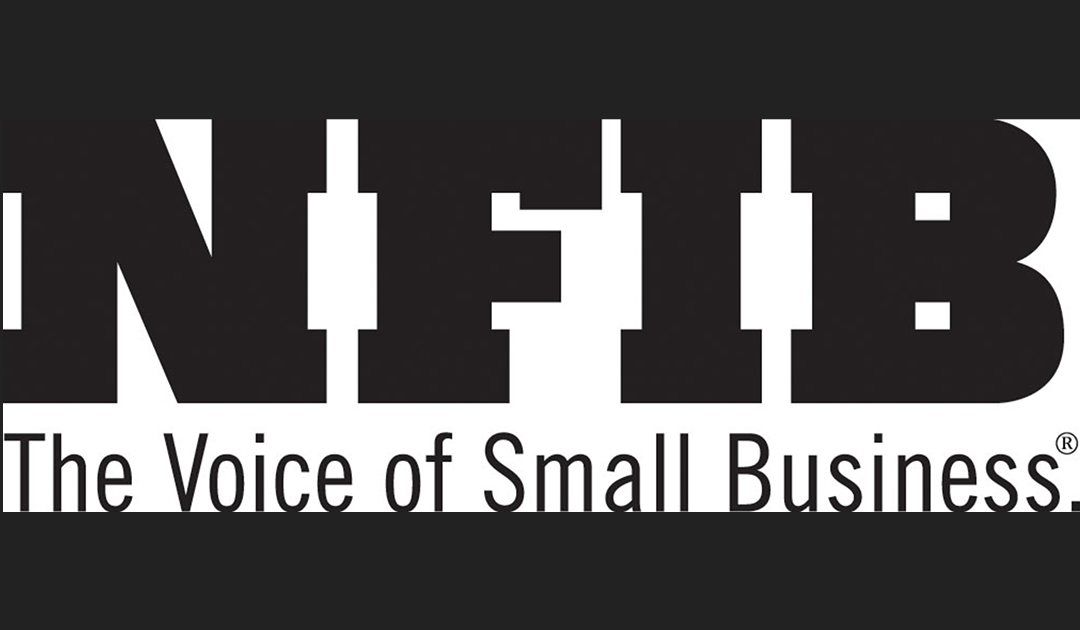NFIB Filed Briefs in Seven Cases, Six Decided in Favor of Small Business
From National Federation of Independent Business
The U.S. Supreme Court concluded its 2022-2023 term on June 30. Overall, the term was a convincing success for small business. NFIB filed amicus briefs in seven cases this term. Of these, six cases were decided in favor of small businesses. From civil penalty prosecutions to the jurisdiction of federal agencies, many of these decisions will have an immediate and positive impact on the small business community.
“In many ways, the U.S. Supreme Court acts as a final safeguard for the rights of small business owners,” said Beth Milito, Executive Director of NFIB’s Small Business Legal Center. “Burdensome mandates, inconsistent regulations, and costly penalties can make it impossible for small businesses to thrive. Thankfully, the Supreme Court agreed this term and acted largely in defense of the small business community. In several decisions, the Court reinforced the importance of small businesses nationwide to their communities and the national economy.”
Bittner v. United States
In this case, the Supreme Court protected small businesses from incurring numerous penalties under the Bank Secrecy Act. The case questioned whether the failure to file a required report is considered a singular violation in itself or if an individual should incur multiple violations for each unreported account. Ultimately, the Court concluded that violations under the Bank Secrecy Act should not result in multiple, extraneous penalties. This will benefit the many small business owners who mean to comply but lack the resources to navigate the complex regulatory requirements.
Wilkins v. United States
This case questioned whether the Quiet Title Act’s statute of limitations is a jurisdictional requirement, which would prohibit small business owners from filing a suit against the government after the 12-year time period expired. Instead, the Court agreed with NFIB that the statute of limitations was not jurisdictional and was instead a claim-processing rule. This decision reinforced the importance of property rights and the balance between the government and property owners, ensuring that small business owners could have their day in court.
Sackett v. Environmental Protection Agency
Sackett v. Environmental Protection Agency was perhaps the most awaited decision from this Supreme Court term for small businesses as it coincided with the enactment of the Environmental Protection Agency’s (EPA) and the Department of the Army’s final rule on the waters of the U.S. The case concerned whether wetlands are considered “waters of the United States” under the Clean Water Act. Before this decision, small business owners had no clear way to determine if their land was under the jurisdiction of the EPA. This impeded their ability to run their businesses or improve upon their land. Thankfully, the Court unanimously rejected the standard courts and the government have used to expand the EPA’s jurisdiction over private property in favor of a narrower test. The decision creates a clearer picture of WOTUS and the authority of the EPA and the Department of the Army, saving many landowners from bureaucratic confusion and unfair penalties.
Tyler v. Hennepin County
The case questioned whether the Takings Clause prevents the government, after seizing and selling a person’s property to collect back taxes, from keeping the surplus amount collected from the sale. This government practice is commonly referred to as “home equity theft.” The Court unanimously ruled in favor of Tyler on her Fifth Amendment takings claim, ensuring that small business owners are protected from this unfair government practice.
Glacier Northwest, Inc. v. International Brotherhood of Teamsters
In our amicus brief in the case, NFIB argued that multiple court precedents had already determined that the National Labor Relations Act (NLRA) does not immunize unions from state tort suits involving the intentional destruction of private property. The Supreme Court agreed, solidifying the established balance of power between labor unions and employers. This decision ensures that small businesses have the right to seek compensation via legal action following the vandalism of their property.
Coinbase Inc. v. Bielski
In Coinbase Inc. v. Bielski, the Supreme Court considered whether the Federal Arbitration Act (FAA) requires trial courts to halt trial court proceedings once a party appeals the court’s decision on a motion to arbitrate. In answering that it does, the Court saved business owners from enduring the costly litigation that they seek to avoid by requesting arbitration in the first place.


0 comments